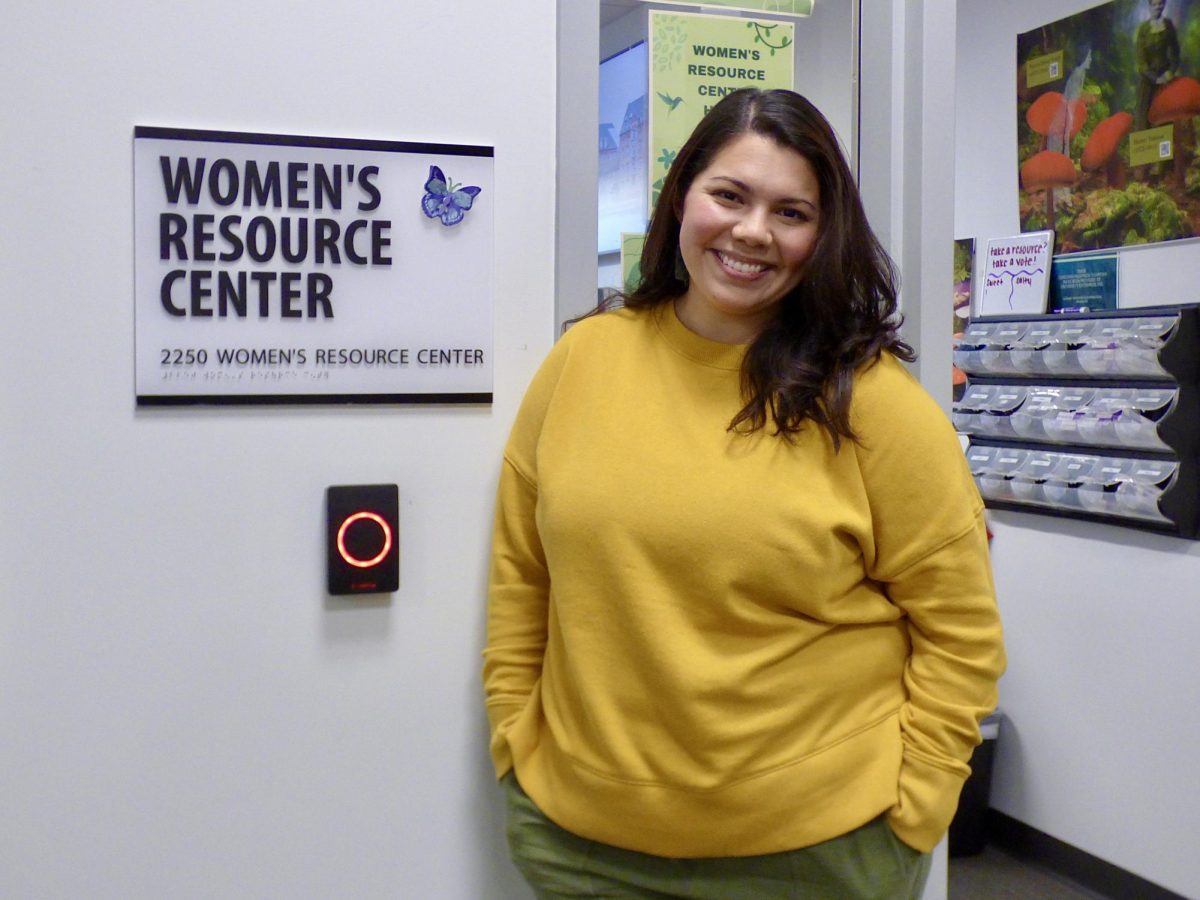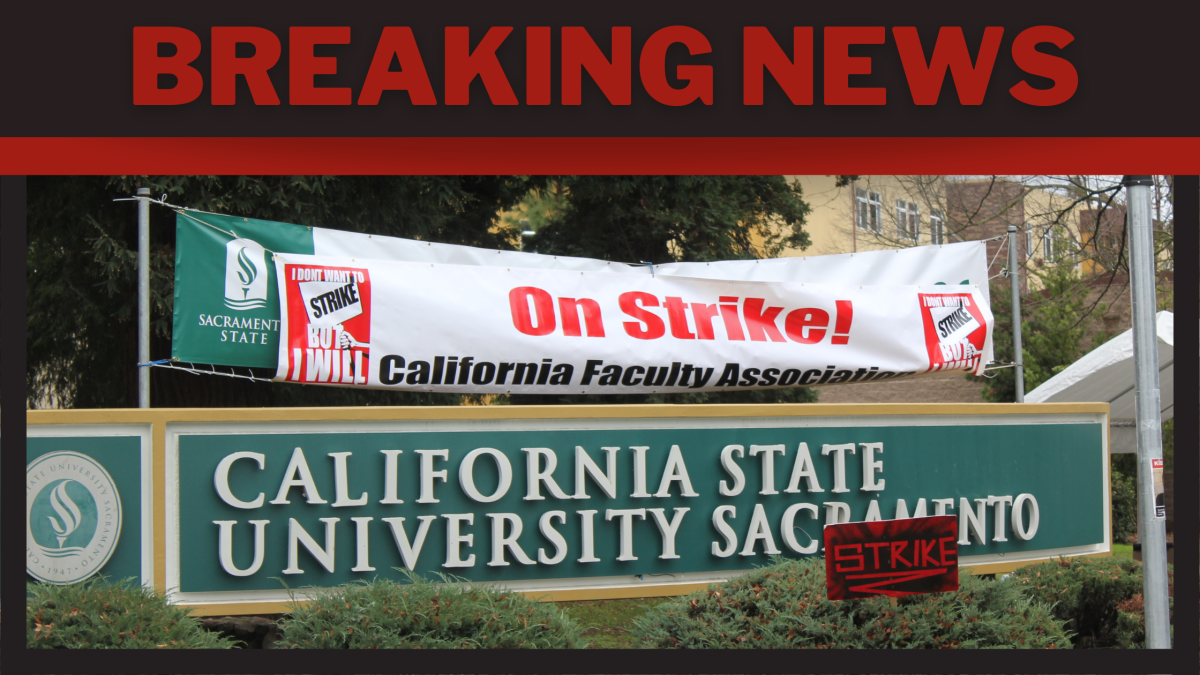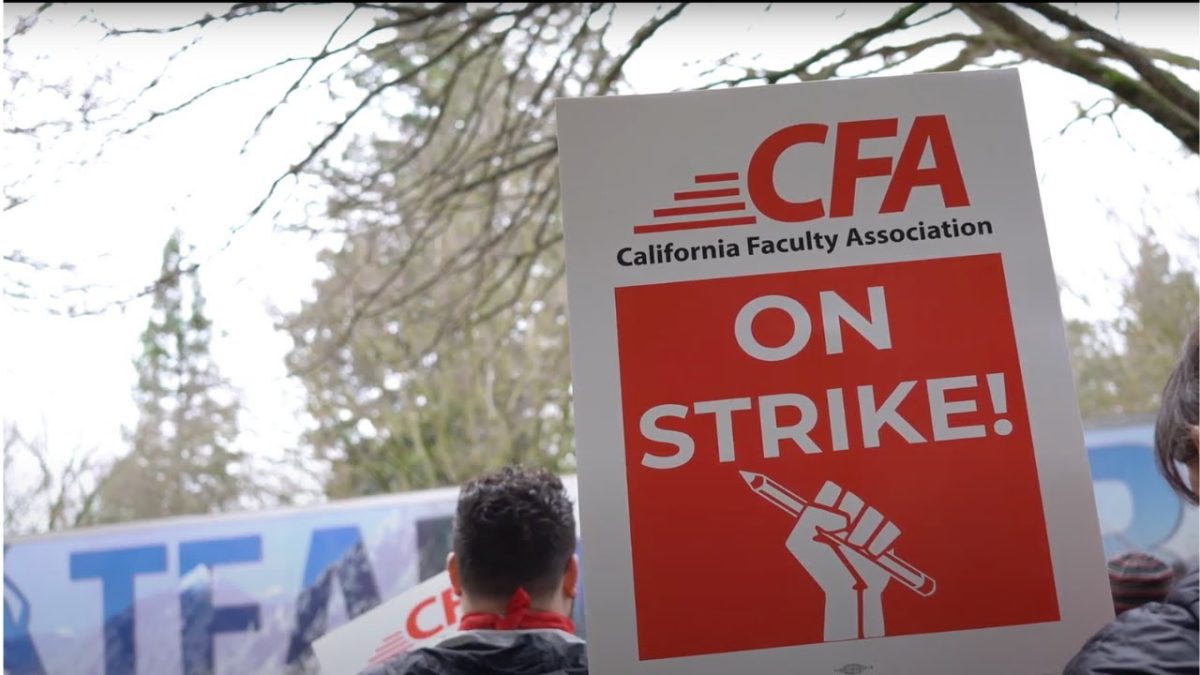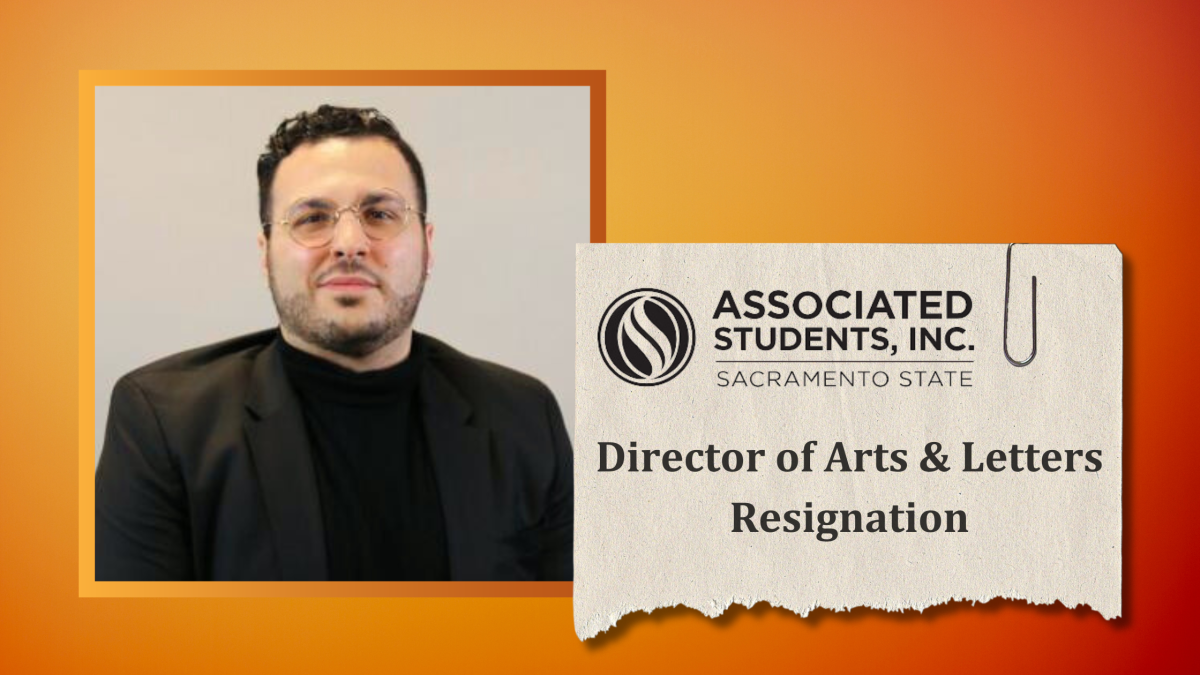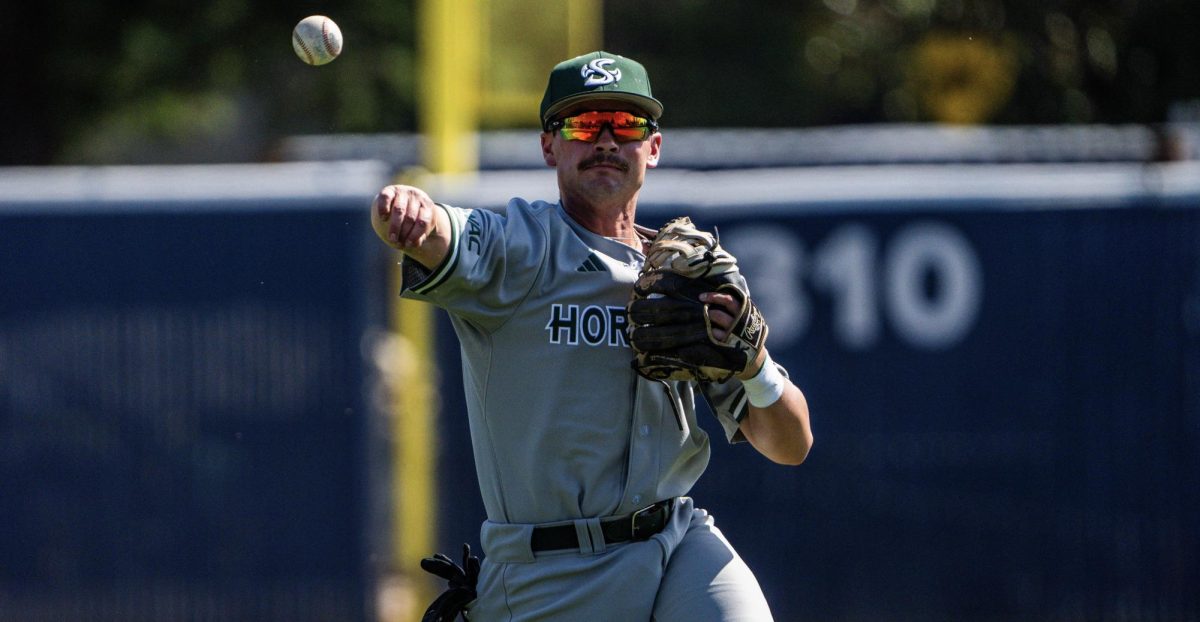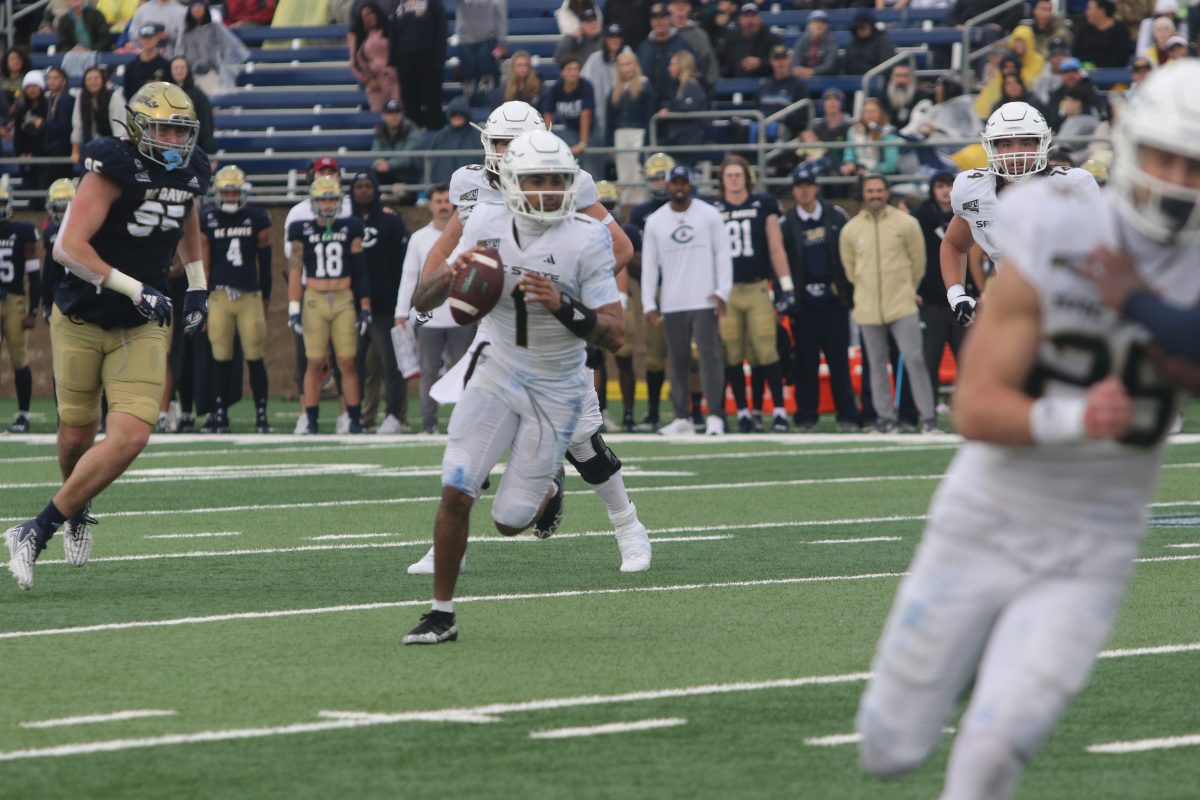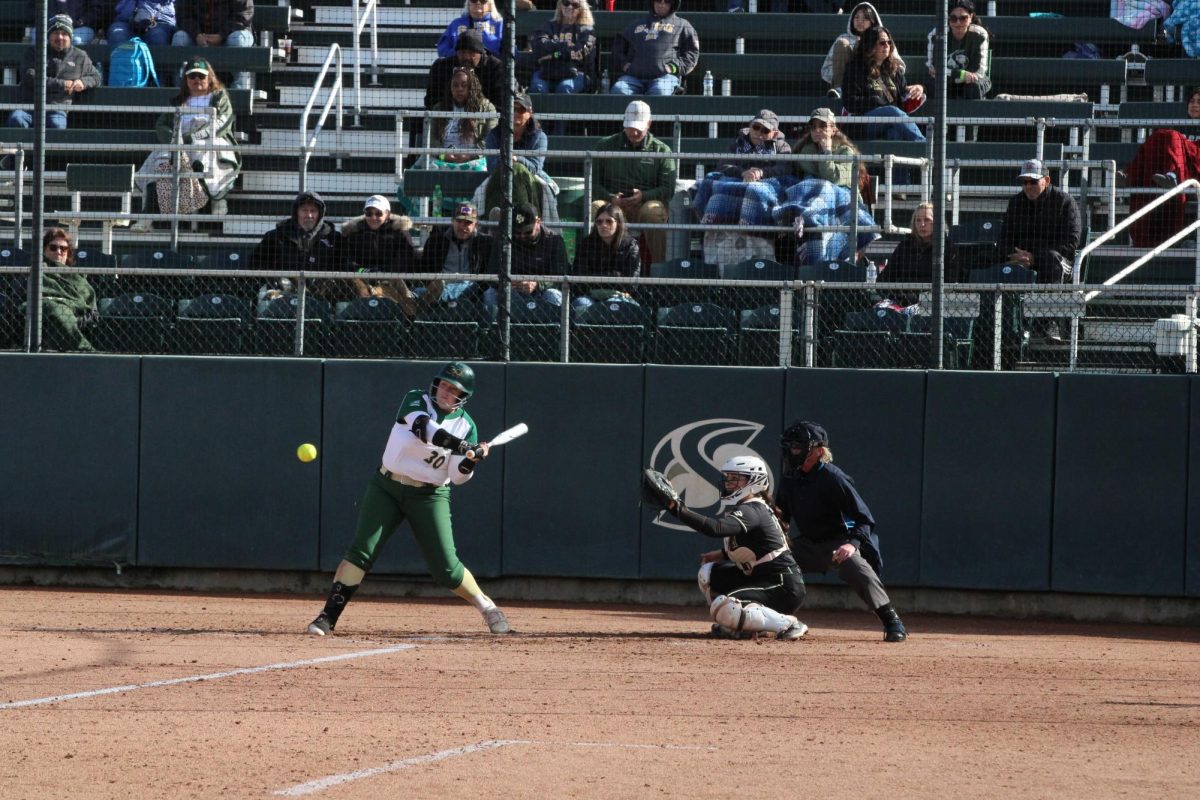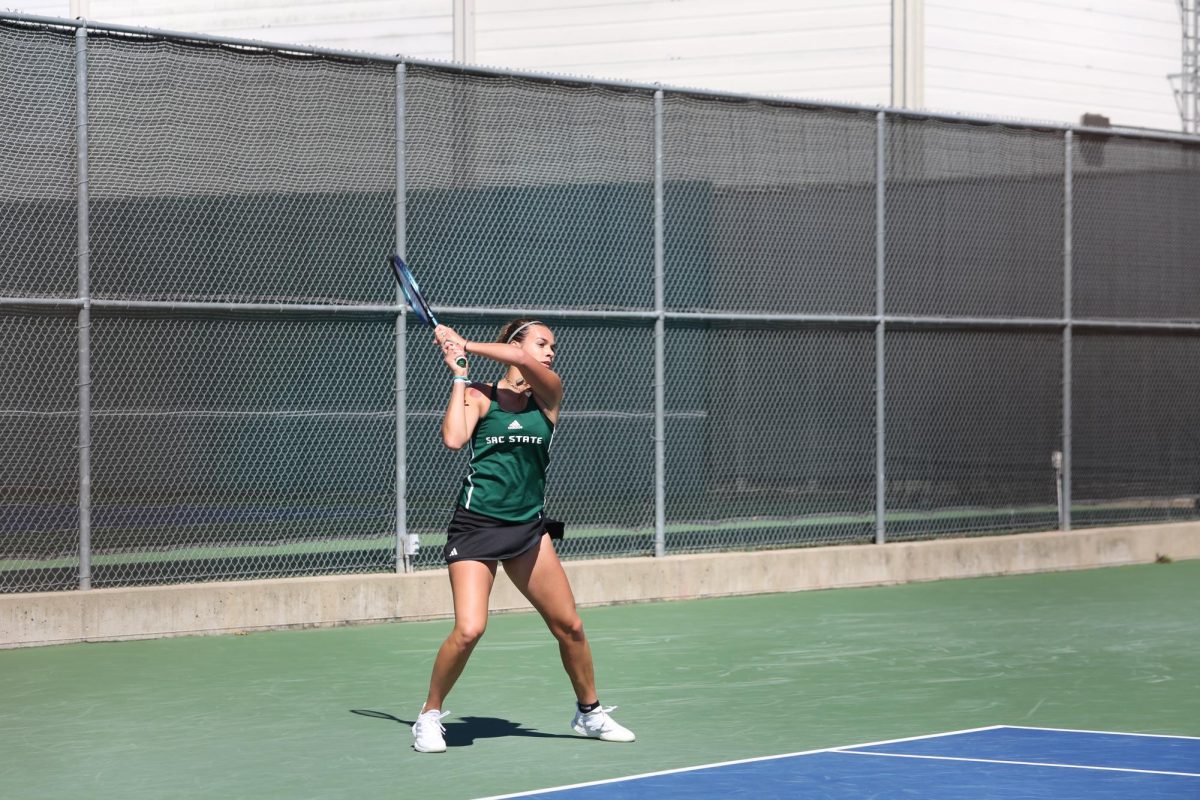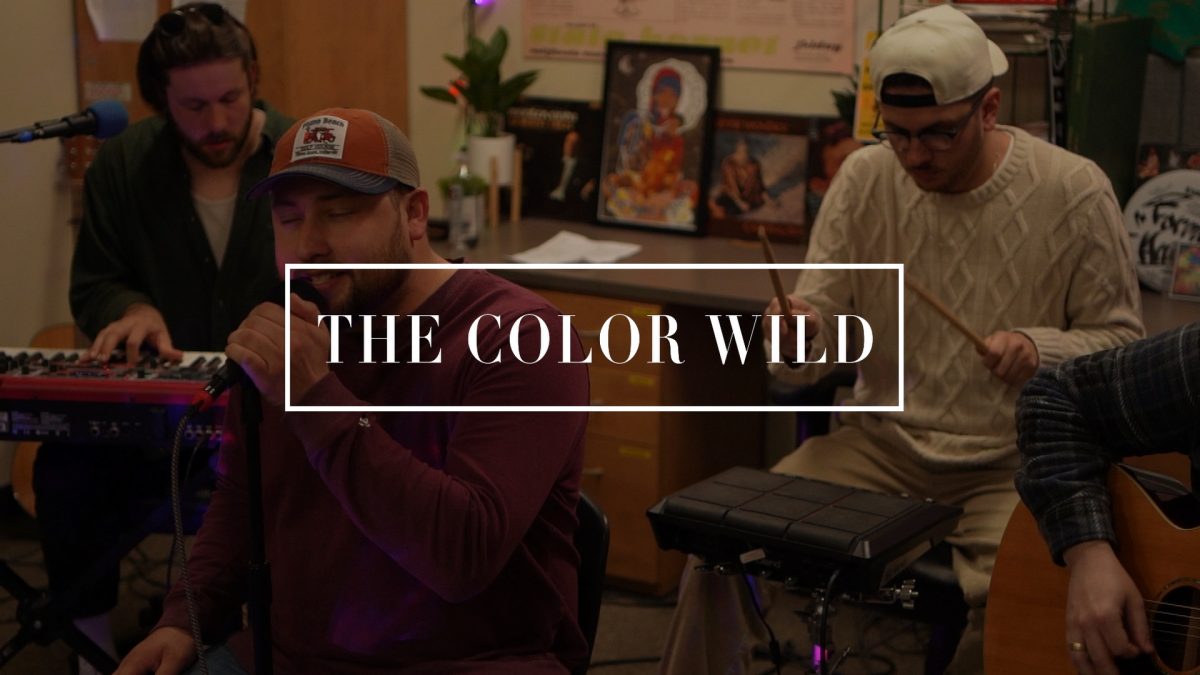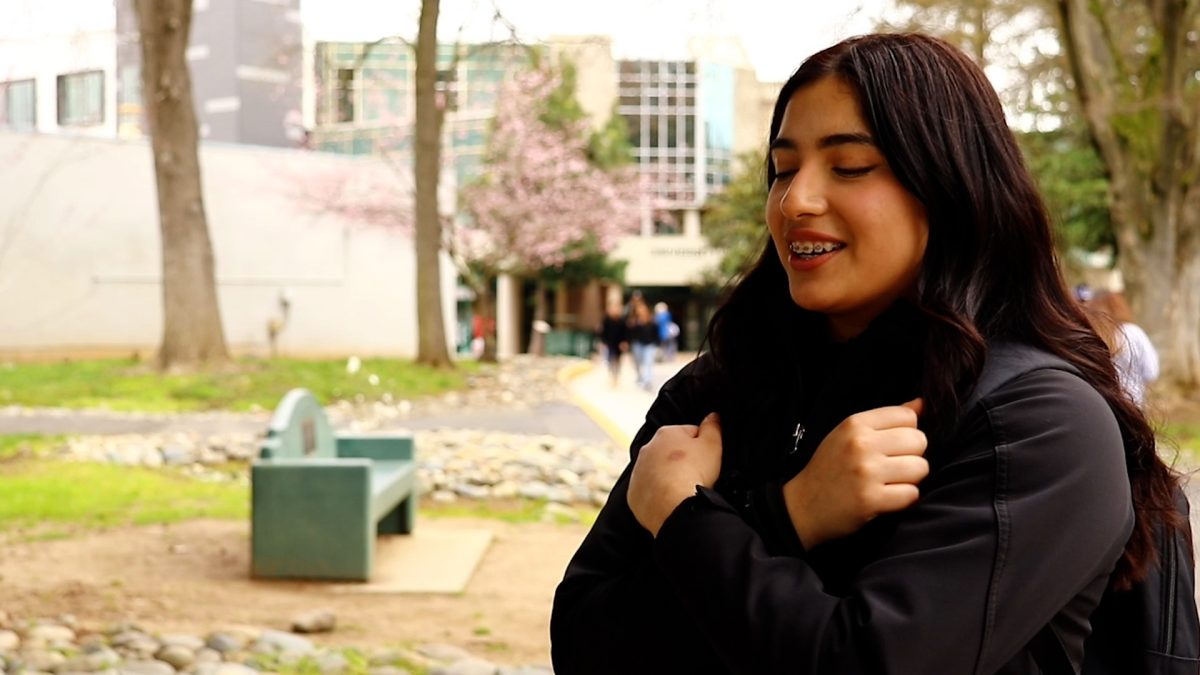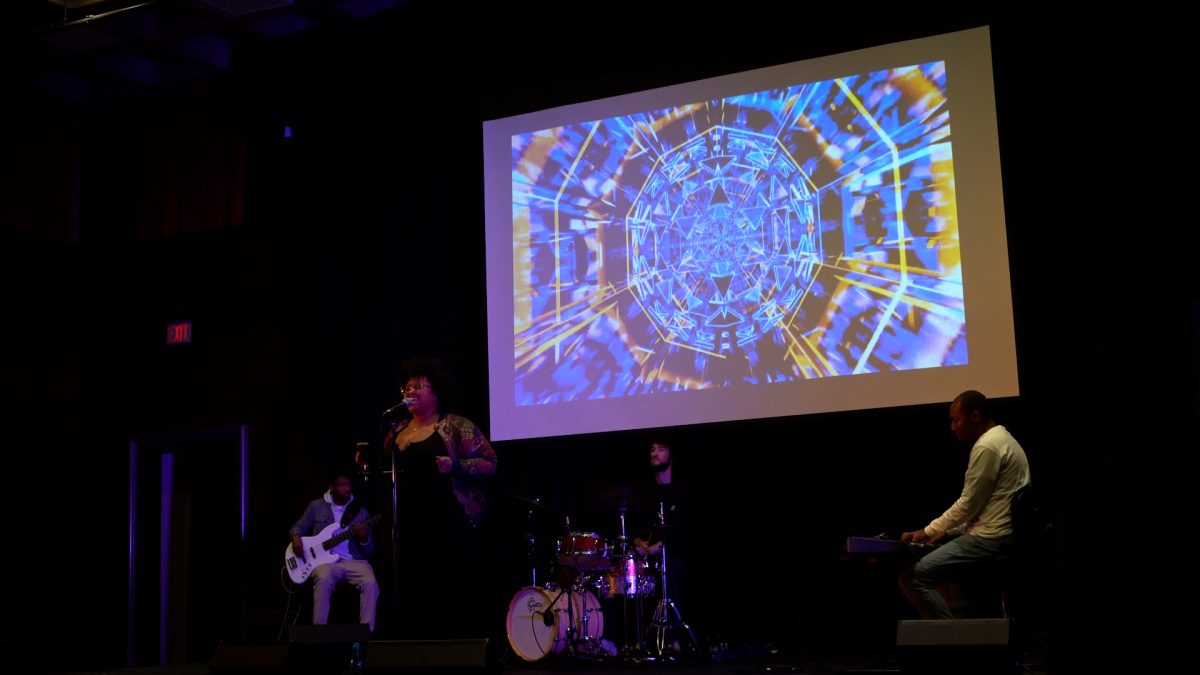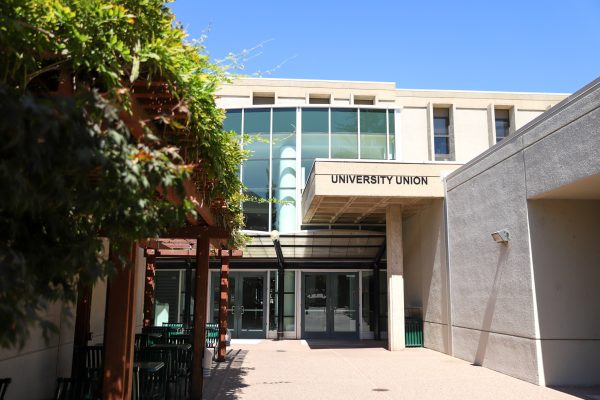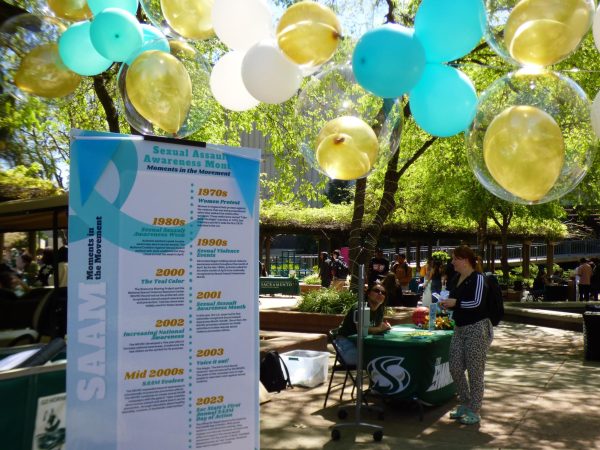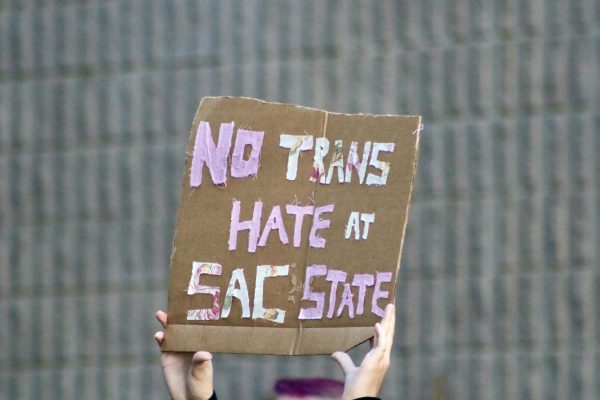Cooper-Woodson College ties in academics, African-American culture
October 4, 2013
After biology major Vertis Wilson graduated from Sacramento State in spring 2013, he went out into the real world with a better perspective and confidence, something he gained while involved in the Cooper Woodson College Enhancement Program.
He said the constant support and encouragement of the program was provided throughout his college journey.
“The program influenced me to become involved on campus and to speak for what I believed in,” Wilson said.
Since arriving at Sac State in 2007, Wilson had been part of the CWC program and said it helped develop him as a person.
The CWC program has helped shape African-American students since 1990 by creating a learning environment focused on academics and culture.
Boatamo Mosupyoe, co-director of the Cooper Woodson College Enhancement Program, said the program has prepared students based on the program’s principles of leadership, scholarship and community service.
He said it ties together their academics and culture in order for them to succeed in school and after graduation.
“This program creates an environment where students can mentor each other,” Mosupyoe said. “They become a community.”
CWC consists of faculty, staff, students and community members who are devoted to recognizing and upholding the tradition represented in African-American culture.
Danarsha Johnson, 18, biology, said she believes the CWC program serves as a way to encourage African-Americans in higher education.
“Minorities are doubted like they can’t be like everyone else,” Johnson said.
She said she believes resources for minorities, including African-American students, are limited on campus and is thankful CWC has provided her with support to be successful in school and in her community.
Wilson said he believes many African-American students do not take advantage of the resources offered to them.
“Many come from low-income areas and are not aware of programs like CWC when students come to campus,” Wilson said. “So in a way they are behind because they are missing out on possible job opportunities, mentors, scholarships and volunteer opportunities that CWC provides.”
Students in the program are required to serve 15 hours of community service, attend lectures and conferences and present papers at national conferences.
Many of the lectures focus on African-Americans in society and comparative studies.
Johnson said attending the lectures teaches students to have a better understanding of their culture and where they came from and encourages students on how to succeed as a minority.
There are 57 students in the program this year.
Each student has a mentor who helps students stay on track in their academics and the program’s expectations.
Mosupyoe, who is also a mentor, said students in the program are also required to take specific classes relating to African-America, including African history, African-American theater and culture, politics in Africa diaspora and African religions and philosophy.
The courses have been designed to fit existing general education requirements and electives, and to allow students to become better educated and have a wider view of their cultural background and history.
CWC also works collaboratively with the Pan African Studies program through the Ethics Studies Department.
Scholars are eligible to receive a certificate in Pan African Studies after completing 24 units.
Wilson said that being part of this program taught him more about his culture.
“In a way I feel more connected because a lot CWC scholars look up to me and I was able to leave somewhat of a legacy behind for others to follow and surpass,” Wilson said.






